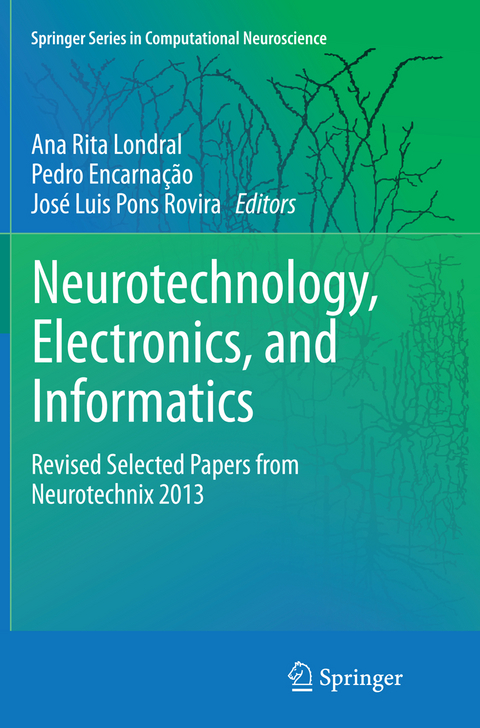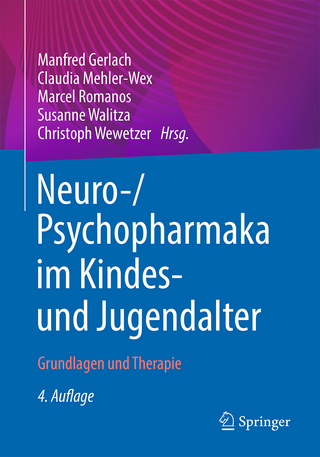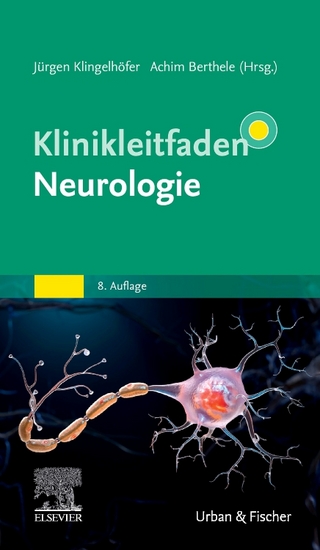
Neurotechnology, Electronics, and Informatics
Springer International Publishing (Verlag)
978-3-319-37109-2 (ISBN)
Pedro Encarnação is an Adjunct Assistant Professor at the Católica Lisbon School of Business and Economics of the Catholic University of Portugal, Lisbon, Portugal. He has received the 'Licenciatura' degree in 1994, the M.Sc. degree in 1998 and the Ph.D. degree in 2002, all in Electrical and Computers Engineering from the Technical University of Lisbon, Portugal. His current research interests include Rehabilitation Engineering, namely the use of robotic systems in the rehabilitation of persons with disabilities and nonlinear control of autonomous vehicles. Ana Londral is a researcher at Instituto de Medicina Molecular in Faculty of Medicine - University of Lisbon, Portugal. She has received the 'Licenciatura' degree in Electrical Engineering (1999) from the Technical University of Lisbon, Portugal, and the M.Sc. degree in Health Engineering (2007) from the Catholic University of Portugal. She is now concluding the Doctoral Programme in Neurosciences, from the Faculty of Medicine - University of Lisbon, Portugal. Her current research interests include Neuro Rehabilitation Engineering, namely in development and applied research of assistive devices and monitoring tools for persons with neurodegenerative diseases. José Luis Pons Rovira obtained his PhD in Physics, Universidad Complutense Madrid, in 1997. In 1998 he was appointed as Postdoctoral Fellow at the Institute for Industrial Automation of the Spanish Council for Scientific Research, CSIC. In 1999 he was awarded a position as Tenured Scientist, in 2007 a position as Research Scientist and eventually in 2008 a position as Full Professor, all of them at the same institution. Along these last ten years of research, Prof. Pons has also served as lecturer in Polytechnic University of Madrid (Robotics and Advanced Sensors and Actuators), Alfonso X El Sabio University (Systems theory and Control), Alcalá de Henares University (Robotics and Advanced Actuators).
Preface.- Post urography platform and balance control training and research system based on FES and muscle synergies.- A pilot study of the feasibility of Hybrid Gait Training with Kinesis Over ground Robot for Persons with Incomplete Spinal Cord Injury.- Human-like sensor fusion implemented in the poster control of a bipedal robot.- Micro channel scaffolds for neural signal acquisition and analysis.- Brain-Controlled Selection of Objects Combined with Autonomous Robotic Grasping.- The Merging of Humans and Machines.- Learning from the past: post processing of classification scores to find a more accurate and earlier movement prediction.
| Erscheinungsdatum | 21.10.2016 |
|---|---|
| Reihe/Serie | Springer Series in Computational Neuroscience |
| Zusatzinfo | X, 110 p. 38 illus., 34 illus. in color. |
| Verlagsort | Cham |
| Sprache | englisch |
| Maße | 155 x 235 mm |
| Themenwelt | Medizin / Pharmazie ► Medizinische Fachgebiete ► Neurologie |
| Medizin / Pharmazie ► Physiotherapie / Ergotherapie ► Orthopädie | |
| Medizin / Pharmazie ► Studium | |
| Naturwissenschaften ► Biologie ► Humanbiologie | |
| Schlagworte | BCI • Biomedical and Life Sciences • biomedical engineering • biometrics • brain imaging • Medical Research • Neurology • Neurology and clinical neurophysiology • Neurosciences • Neurotechnology • Robotics |
| ISBN-10 | 3-319-37109-6 / 3319371096 |
| ISBN-13 | 978-3-319-37109-2 / 9783319371092 |
| Zustand | Neuware |
| Haben Sie eine Frage zum Produkt? |
aus dem Bereich


